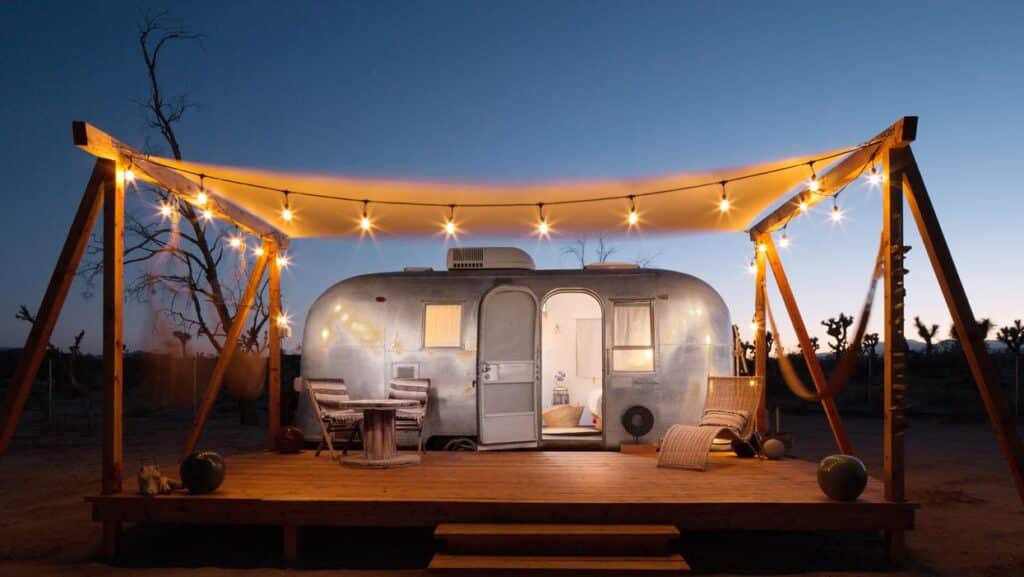Airbnb, the online marketplace that allows people to rent out their homes as vacation rentals, has revolutionized the hospitality industry. Since its launch in 2008, Airbnb has grown to become one of the largest accommodation providers in the world, with over seven million listings in more than 220 countries and regions. In the US, the company has had a significant impact on the hospitality industry, and it’s worth examining how it’s changed the game and what the future might hold for hostelry.
One of the biggest changes that Airbnb has brought to the hospitality industry is the democratization of lodging. Prior to Airbnb, the hotel industry was dominated by a few large players, making it difficult for small, independent operators to compete. However, Airbnb’s platform allows anyone with a spare room or a whole house to rent it out as a vacation rental, leveling the playing field for small businesses and individual property owners.
Another major impact that Airbnb has had on the hospitality industry is the way it has changed consumer behavior. Traditional hotels and resorts have long been the go-to option for travelers looking for a place to stay, but Airbnb has made it possible for travelers to choose unique, local experiences.
Instead of guests always having to stay in a generic hotel room, Airbnb offers a wide variety of unique properties, such as treehouses, yurts, and even castles. This has led to a rise in experiential travel, where people prioritize unique and authentic experiences over luxury amenities.
The Airbnb model has also led to the rise of the sharing economy, which is based on the principle of sharing resources, such as accommodation, transportation, and even labor, to create more efficient and sustainable systems. This is in contrast to the traditional model of ownership and consumption, where people buy and use goods and services for their own benefit. The sharing economy has the potential to reduce waste and promote sustainability, and Airbnb has been at the forefront of this movement.
Some of the best advantages of using Airbnb include:
- A wide range of accommodation options: Airbnb offers a diverse selection of properties, from entire homes and apartments to private rooms and shared spaces;
- Affordable pricing: Airbnb properties are often more affordable than traditional hotel rooms;
- Local experience: staying in an Airbnb property allows travelers to experience a destination like a local and get a more authentic taste of the culture;
- Flexibility: Airbnb properties can be rented for a single night or longer, providing travelers with flexibility and convenience;
- Variety of host types: hosts can be individuals renting out a spare room, or professional property managers;
- Personalized service: many hosts go above and beyond to ensure their guests have a comfortable and enjoyable stay;
- Worldwide availability: Airbnb properties are available all around the world, so you can find a place to stay in any destination you desire;
- High-quality properties: you can find a wide range of property types, from budget to luxury;
- Useful reviews: Airbnb properties are reviewed by previous guests, so you can see how other travelers have rated the property before you book;
- Quality and safety guarantee: Airbnb offers a quality guarantee for all reservations, which covers damages and other issues that may arise during your stay;
However, it’s not all sunshine and rainbows for Airbnb, as there are also some downsides. For example, in some cities, the high demand for short-term rentals has led to a shortage of long-term housing, driving up rental prices and making it difficult for local residents to find affordable housing. In addition, some local communities have expressed concerns about the impact of short-term rentals on the character and safety of their neighborhoods.
Despite these challenges, it’s clear that Airbnb has had a significant impact on the hospitality industry and is likely to continue to revolutionize the future of travel. As more and more people turn to Airbnb for unique experiences, the traditional hotel industry will have to adapt and innovate to stay competitive.
Don’t forget to check back for more news and updates!
